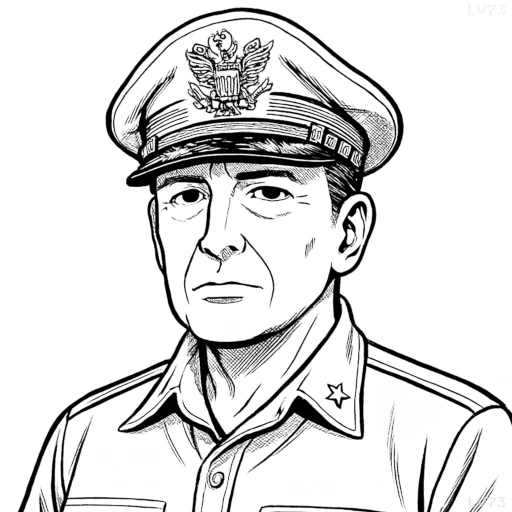“The soldier above all others prays for peace, for it is the soldier who must suffer and bear the deepest wounds and scars of war.”

- January 26, 1880 – April 5, 1964
- American
- General of the Army, Military Leader, Supreme Commander in the Pacific Theater during World War II
table of contents
Quote
“The soldier above all others prays for peace, for it is the soldier who must suffer and bear the deepest wounds and scars of war.”
Explanation
This quote emphasizes that those most affected by war—soldiers—are the ones who long for peace most earnestly. While politicians, civilians, or ideologues may discuss or even glorify conflict, it is the soldier who faces its brutal consequences firsthand. The suffering, both physical and emotional, leaves lasting scars, making peace not just an ideal, but a deeply personal hope and necessity for those in uniform.
Douglas MacArthur, a five-star general and prominent figure in World War II and the Korean War, understood the immense cost of combat, having witnessed its horrors over decades. His words reflect both a reverence for military service and a cynicism toward the romanticization of war. By highlighting the soldier’s pain, MacArthur conveys a moral argument: those who endure violence most intimately are the ones who comprehend its futility and yearn to avoid it.
In today’s world, the quote remains profoundly relevant. Modern veterans often return home not only with visible injuries but also with psychological trauma, such as PTSD. Policymakers and citizens are reminded here that the decision to wage war should not be made lightly, and that behind every strategic maneuver or battlefield victory lies the quiet suffering of individuals who would far rather see peace than glory.
Would you like to share your impressions or related stories about this quote in the comments section?

